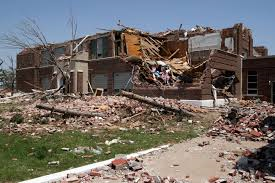Proving Damages in a Florida Estate Lawsuit – April 27, 2016 Fourth DCA Opinion

Do I have to prove damages in a trust and estate lawsuit? What are damages? How do you prove damages? If you are a probate litigation attorney, or if you are involved in trust and estates litigation in Florida, you will want to read an April 27,2016 Fourth DCA case that discusses the importance of proving damages.
Importance of Proving Damages in a Florida Estate Lawsuit
- If you ask any Florida probate lawyer whether you have to prove damages or not, they will tell you that it is a must.
- Whether you are involved in a Florida tortious interference matter or a trust lawsuit, proving damages is required.
- Damages are usually the last element of a cause of action.
- When you have a trust complaint or a Florida inheritance lawsuit, there are usually multiple counts involved.
- Each count is a separate wrong for which you are seeking a relief for from the probate court West Palm Beach.
- There are different elements that you have to prove at trial for each action and ,usually, the last element you have to prove is damages.
- Damages can never be proven by a lawyer’s oral argument.
- This is because an oral argument by a Florida probate litigator is not evidence.
- You can prove damages by calling witnesses, introducing documents, or producing other evidence from which a court can draw a reasonable inference about damages.
- For example, your trust and estates litigator Boca Raton may provide testimony from someone who has personally incurred a financial loss, and they might demonstrate that loss through financial records and bank account statements.
Hovannesian v. Pennymac Corp.
- Although this is a foreclosure case, it is important to Florida probate litigation because it is reflective of what can happen if you don’t properly prove damages.
- You cannot ask a judge to figure out what the damages are.
- Instead, you have to prove them!
- The judge will make findings of fact and conclusions of law, which will be upheld as long as they are supported by competent substantial evidence.
- Here, some of the damages were supported by competent substantial evidence and some were not.
- The damages that were not properly supported by evidence were reversed.
- Click here to read the entire case.